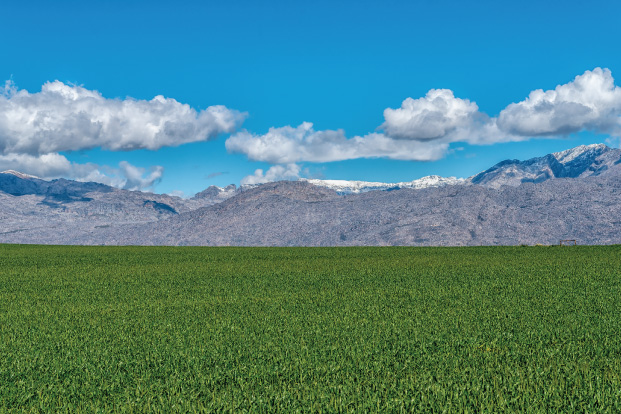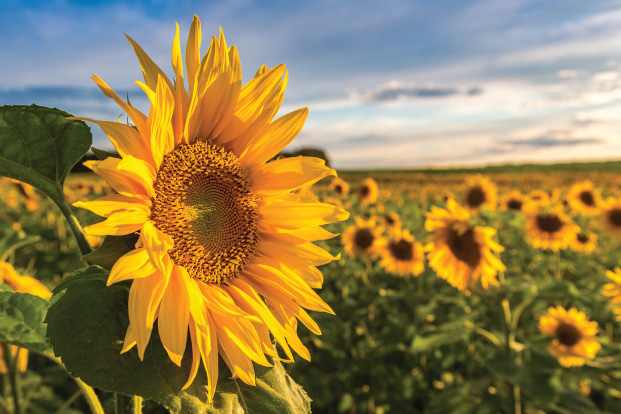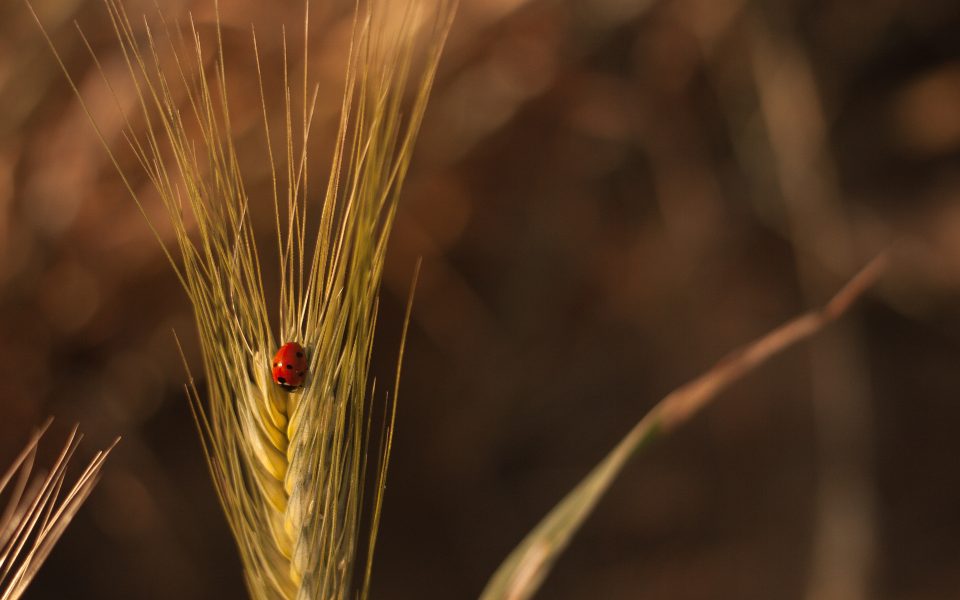South Africa could have a good winter crop harvest in 2019/20 season

What to expect from South Africa’s maize output following drought
March 15, 2019
Soya levy expected to boost yield and quality
March 20, 2019
In about a month’s time from now, South African farmers will start preparing soils for winter crops plantings in the Western Cape, as the 2019/20 production season approaches. Meanwhile, other winter crop growing areas such as the Northern Cape and Free State, amongst others, will commence with plantings around midyear.
This means the weather will again be amongst the key drivers of domestic wheat, barley, and canola prices in the coming weeks, and will also influence farmers’ planting decisions.
- In terms of planting decisions, we are generally positive that there will be good activity in all major winter crops areas, as weather conditions have been favourable over the past couple of weeks (Figure 1). Parts of the Western Cape received fairly good rainfall over the past couple of weeks, which means that soil moisture is not as depleted as at the start of the 2018/19 production season when the country was shaking off the 2017 drought.
- Moreover, there are indications that the coming months could bring rainfall in the Western Cape. On 14 March 2019, the South African Weather Service indicated that the south-western parts of South Africa could receive above-normal rainfall conditions between May and July. This bodes well with the 2019/20 production season of winter crops.
- The Crop Estimates Committee will release the farmers’ intentions-to-plant data on 25 April 2019, and this will give us a better sense of the possible harvest this year. At this point, our sense is that wheat plantings could, at least, be about 530 000 hectares, which would be 5% higher than the 2018/19 plantings. In the 2018/19 production season, barley plantings of 119 000 hectares were the highest in 19 years. In the 2019/20 production season, the area is likely to remain fairly stable, or decline marginally if wheat plantings increase more than what we are currently anticipating. Canola is also another crop that we believe could show about 4% year-on-year improvement in plantings to roughly 80 000 hectares if weather conditions remain favourable as the current forecasts suggest. Aside from the weather, prices will also be an important factor for farmers to consider as some crops tend to compete for land use. Wheat prices have so far been fairly favourable from a producer perspective, mainly supported by the weaker domestic currency against the US dollar, as well as higher Chicago wheat prices, which are underpinned by tight global supplies.
Click here for the full article: farmingportal.co.za


